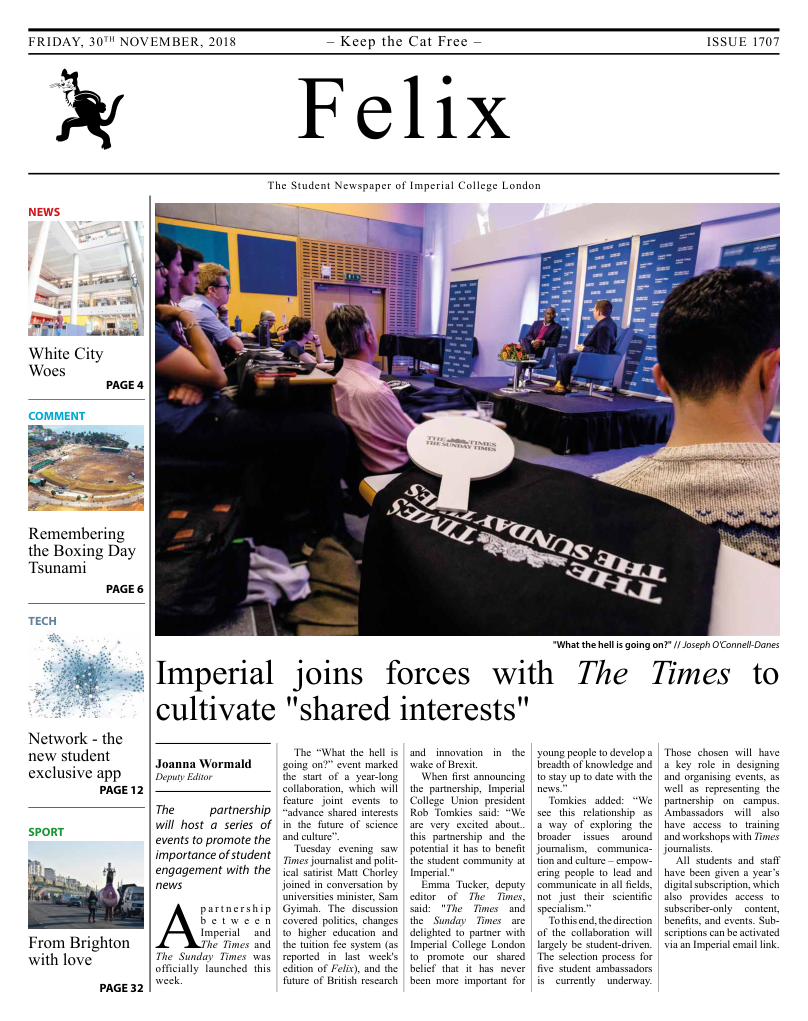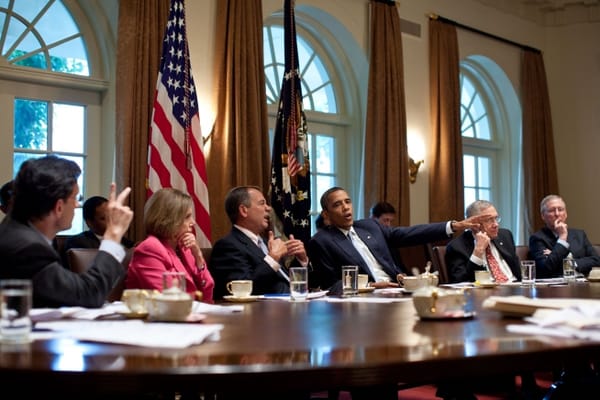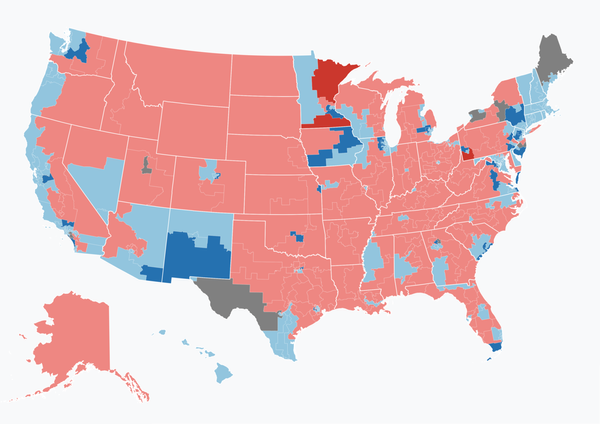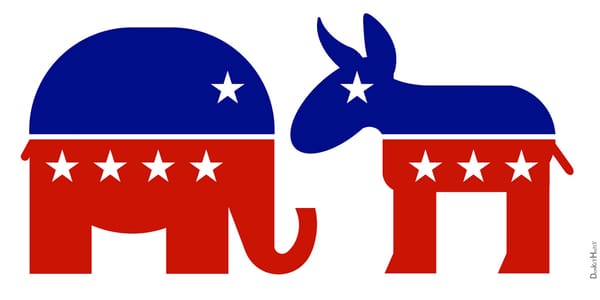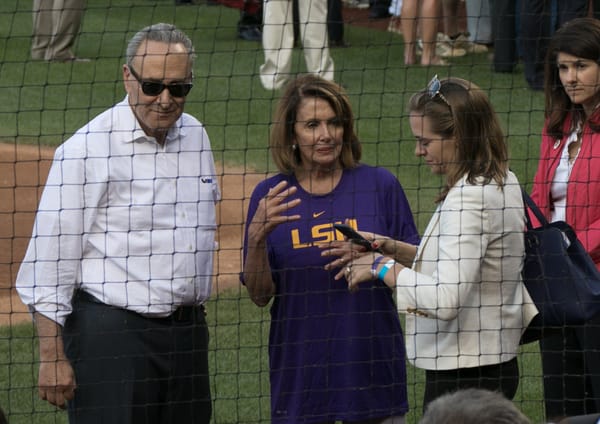Sri Lankan Politics is in a sorry state of Affairs
With the shock attempt to appoint Rajapaksa as Prime Minister, Sri Lankan politics is in turmoil yet again.

Over the last month there has been significant political turmoil in Sri Lanka which kicked off on the 26th October when the President of Sri Lanka, Sirisena, attempted to sack Wickremesinghe, the Prime Minister. Sirisena has tried to replace him with Rajapaksa, who was the sitting President Sirisena ousted in the 2015 Presidential elections, highlighting the strange nature of Sri Lankan politics. Sirisena’s campaign was built on attacking Rajapaksa’s regime for being corrupt and built to serve his own family before the rest of the country.
The Prime Minister’s and President’s respective parties formed a working coalition following Parliamentary elections in 2015 which left no party with a majority. In recent months the relationship between the two men has become increasingly acrimonious over issues ranging from economic policy through to accusations of assassination plots against the President. Despite these grievances the sudden attempted sacking of the Prime Minister was a shock decision. This has in turn led to a constitutional crisis in the country with Wickremesinghe refusing to go, claiming Sirisena acted beyond the remit of his constitutional powers. There have been mass protests on the streets both for and against the removal of Wickremesinghe which turned deadly when a protester was shot dead by a member of Wickremesinghe’s security. There’s little doubt that this has been a co-ordinated power grab by Sirisena and Rajapaksa, and the Supreme Court has suspended the decision pending full court procedures beginning on the 4th December.
Parliament’s role in this saga has been vital. It was thought that Sirisena made this snap decision because there was a majority in Parliament to support Rajapaksa. When this looked in doubt Sirisena proceeded to suspend Parliament to buy himself more time to ensure that more MPs could be convinced to back Rajapaksa. Parliament has since reconvened, but Rajapaksa has now lost 2 votes of confidence, demonstrating there is still no majority for him. In all of this Parliament has become a mockery. Rival MPs have physically attacked each other, throwing books and other items across the Chamber and threatened to attack the Speaker; virtually blocking any Parliamentary business from taking place. Both sets of MPs have also boycotted Parliament in protest at the situation. Sirisena and Rajapaksa have now attempted to call for fresh elections as a way of shifting the Parliamentary arithmetic in their favour.
For many the replacement of Rajapaksa as President in 2015 was seen as a step forward for Sri Lanka leaving behind an era filled with sectarian violence and war. Rajapaksa defeated the Tamil Tigers (a militant organization) in 2009 but in the process oversaw numerous war crimes and human rights violations with anywhere between 9,000 and 40,000 civilians dying in the final days of the conflict. The Tamil Tigers also committed war crimes including targeting civilians and child conscription. The war crimes committed by both sides could and should never be condoned. The government at the time and to do this day has resisted any attempts for an internationally led investigation to take place to look into what happened. Rajapaksa was seen as a hero to some for ending the war but seen as a murderer to others. It was difficult to see how he could bring about true reconciliation between the groups involved, and in truth there were few signs this was ever something he was really interested in as he stood on an overtly nationalistic platform. Sirisena was supported by nearly all the other opposition parties as a common candidate in 2015 showing how broad the movement to replace Rajapaksa was.
Sirisena’s surprise win brought with it optimism and hope that more steps would be taken for reconciliation and tolerance between the different ethnic groups in Sri Lanka. These events were followed closely by the Tamil diaspora, many of whom had not returned to their home towns and villages for decades since they had left the country during the civil war. This was taken as an opportunity to visit their motherland and for some re-establish roots in the country. Sirisena’s government has clearly seen in progress but has also been disappointing. On domestic policy Sirisena had pledged a reform program for the first 100 days of his Presidency. However; significant parts of his reform program such as electoral reform were never carried out and he now claims not to recognise the plans as is his own at all. Further investment is still needed in areas of the country that were worst affected by the civil war to help them develop and prosper.
It’s disappointing and worrying to see Sirisena attempt to thwart the constitution and the rule of law to appoint a man who he has accused of nepotism and corruption as Prime Minister. The crisis that has ensued has left Parliament in paralysis and the country in turmoil with little hope of a speedy resolution.

